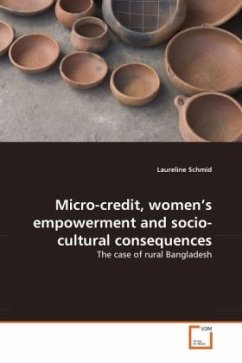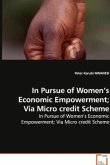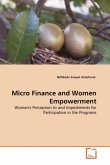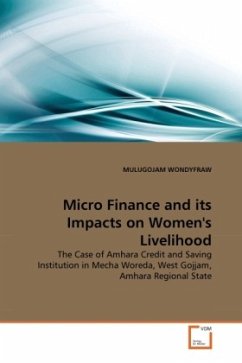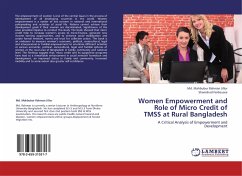Micro-credit has been defined primarily as a tool for poverty- alleviation, yet the impact of this financial innovation reaches much further than the mere economic improvements in the lives of the borrowers. Since its birth in Bangladesh in 1976, micro-credit, as practiced by the leading organization in the field, the Grameen Bank, has been focused especially on women, leading to major transformations of gender relations. In a country where women were and still are the most disadvantaged group in society, the advance of this new financial approach went against the traditions, the culture and the established segregation of gender roles within the public and private sphere in place. As a result, it set in motion a change in the status of women in Bangladesh that has been labeled as empowerment. This paper attempts to identify the links between micro-credit and empowerment and the socio-cultural consequences that derive from it.

